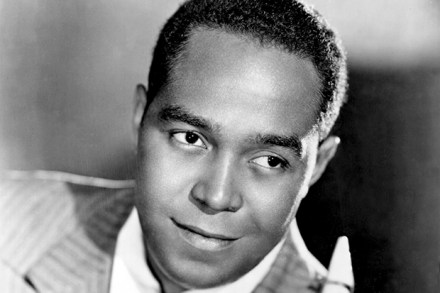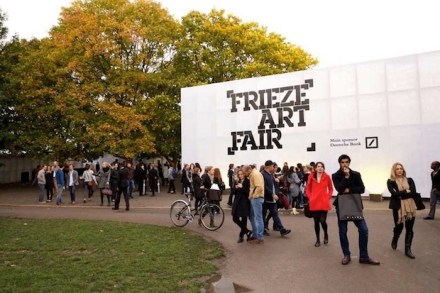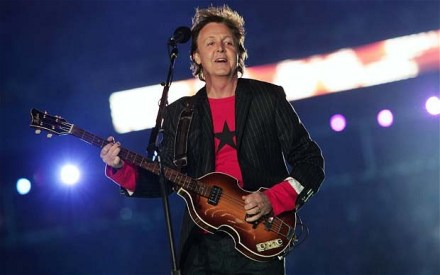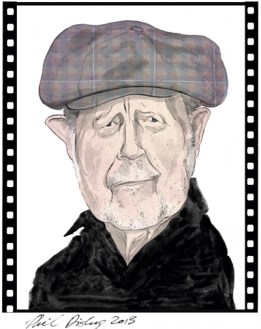Jan Moir predicts a ch-ch-change to David Bowie’s peace of mind
This morning the nation has gone into Twitter mourning after news broke that David Bowie had passed away following a battle with cancer. As hacks and fans rush out messages of sincere condolences, Jan Moir may well be regretting the timing of a feature she has had published in today’s Mail. In the article — entitled ‘the bitterness of Mrs Bowie’ — Moir speaks to Bowie’s first wife Angie. In the piece, Angie hits back at Bowie in ‘viciously indiscreet style’ — leaving the ever-insightful Jan Moir to note: ‘Dear old Angie has been quiet for years, but her painfully discreet ex-husband can expect some big ch-ch-changes to his peace of













